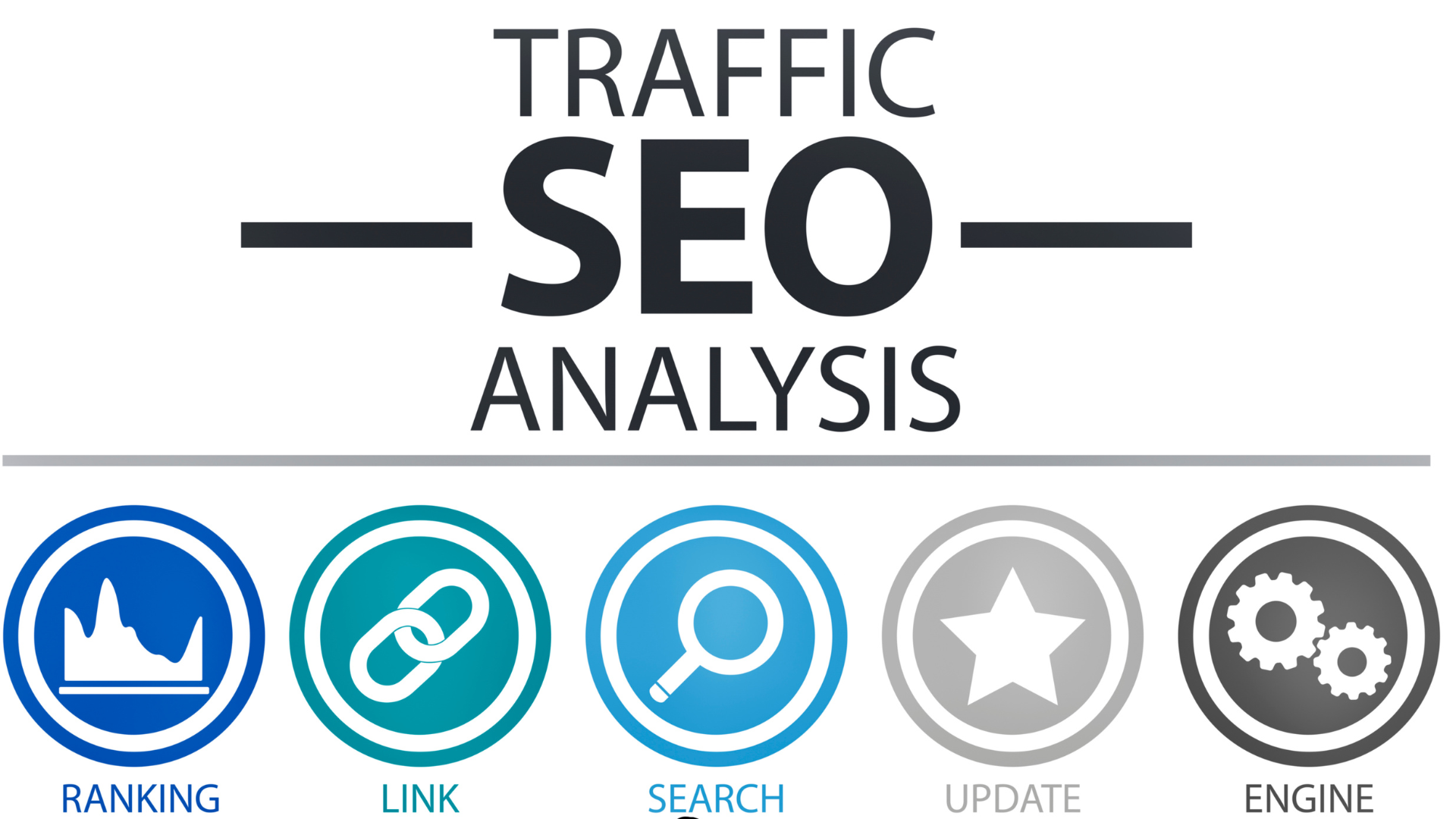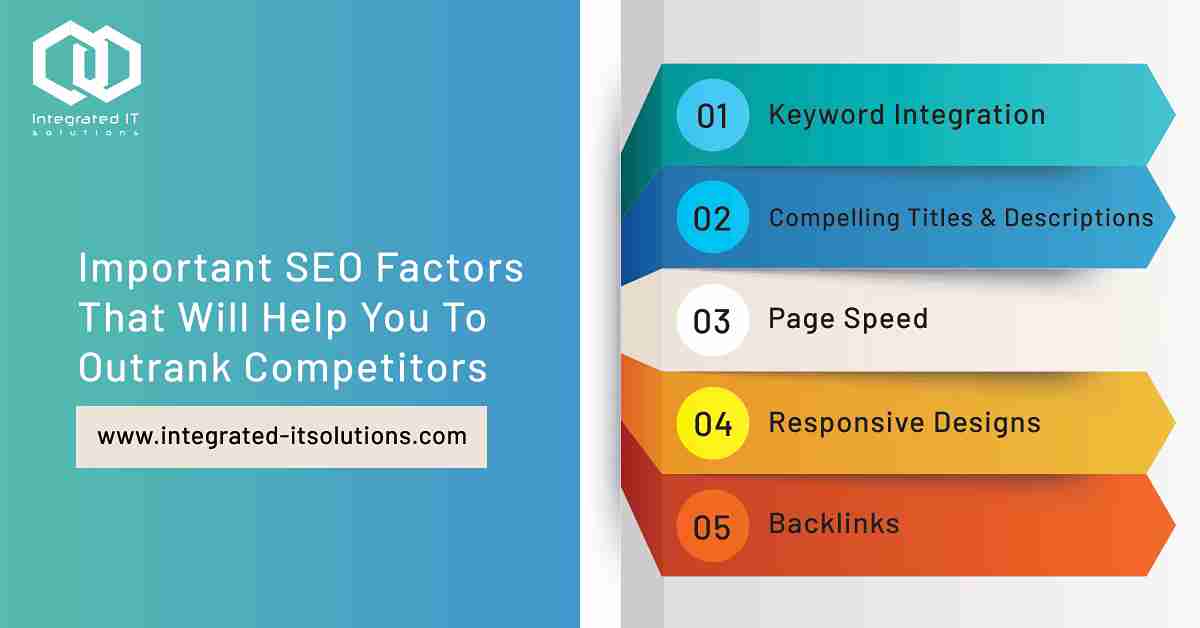Web 2.0 can be referred to as the evolution of websites into a whole new paradigm. The need for user-generated content, ease of use, and minimal dependence on designers gain more popularity with time. Web 2.0 is also known as the participative and social web because it has greatly contributed towards ease of sharing ideas on the internet. It is also called the second stage of development of the Internet, in web 2.0 we focus more on user-generated data and make the worldwide Web more interactive. The term of web 2.0 was heard in 2004 during a summit on web 2.0 technology.
The second generation of the worldwide web includes various tools and platforms to enable user-generated web and more dynamic platforms. Wikipedia also appears during this stage of the world wide web which allows a more interlinked and more attractive website. Web2.0 is not a technological specification but is simply defined as a new type of content-driven website. Web 2.0 is all about the interlinking of web pages. It was intended to ease the process of content sharing and promote social interaction. It also provided an effortless option for people to build their websites that ultimately increase the trend of web development services among people.
Increase Authority and Engagement
Web 2.0 is all about bringing more creativity and sharing power with users. Today, we can see a lot of examples of its websites that have achieved astonishing records in social interaction. These sites have benefited the users and the internet community in two ways. First, they provide a great medium for different users from all over the world to communicate, share and collaborate on any topic of their interest. Second, it can also play an important part to enhance the visibility of your website as well.
Faster Indexing
We all know the process of SEO and how it works to rank your websites on the internet. The importance of backlinks is also a known fact and we know how it strengthens the authority and ranking of a given website. Web 2.0 also helps you to get links that point towards your targeting website. It increases the chances of frequent indexing through crawling by bots. Unleash the power of web 2.0 to share your content for maximum reach and engagement. Improve the backlink profile of your business site to boost your ranking. Moreover, it helps to create Brand awareness and strengthen the authority of your website.
Referral Traffic
There is another advantage of web 2.0 that always goes unnoticed by the majority of common users. It helps to bring a lot of referral traffic to your website. The content and informative posts that you share through your blogs help to attract interested users. They read, appreciate and share your blogs with their friends and social media links. Your web 2.0 website is a second source of advertisement for your main business or services. If you are providing interesting content in relation to your core product or services to potential customers, then you are hitting the bull’s eye. The traffic that comes through following your links and posts on blogging sites is called referral traffic.
FAQs
How can I use Web 2.0 platforms to enhance my website’s SEO?
Leverage its platforms like blogs, forums, and social media sites to create and share content related to your niche. Engage with the community, build relationships, and encourage users to link back to your content. This not only drives traffic but also enhances your backlink profile, which is a crucial ranking factor in SEO.
How does user-generated content on Web 2.0 platforms affect SEO?
User-generated content can greatly enhance your SEO efforts. When users create content related to your brand or industry, it increases the amount of relevant content associated with your website. This can lead to higher rankings on search engines and increased visibility.
What are some best practices for using Web 2.0 for SEO?
To effectively use Web 2.0 for SEO, focus on creating high-quality, engaging content that provides value to users. Participate actively in the community, build relationships with other users, and encourage social sharing. Make sure to optimize your profiles and content for relevant keywords, and always follow ethical SEO practices.




